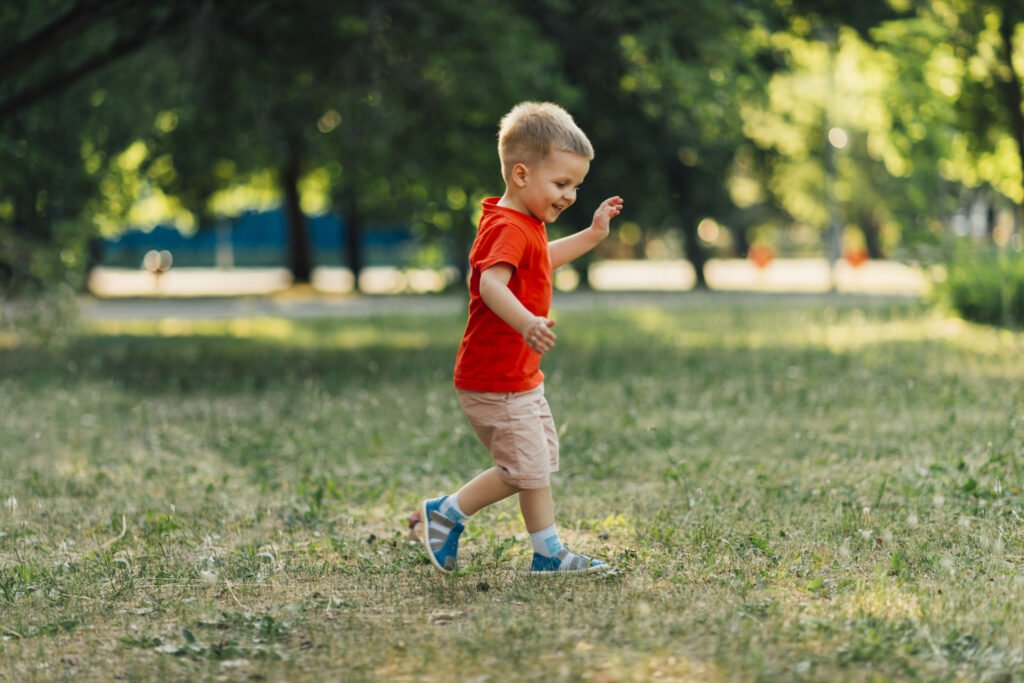Encourage your child to stay active. Turning your tablet into a running shoe can make a huge difference to your mental health. A recent study found that maintaining good physical fitness from childhood to adolescence is associated with less stress and depression in teens.
Adolescent mental health is a growing concern, with more teens facing challenges such as depression, stress, and anxiety. It is estimated that approximately 25% to 30% of young people are affected.
A new study published in the journal Sports Medicine highlights the importance of stepping away from screens and encouraging physical activity.
To investigate the relationship between childhood fitness and adolescent mental health, researchers followed 241 participants over an eight-year period. Their findings revealed that improved cardiovascular fitness and physical activity during this period were associated with reduced symptoms of stress and depression in teens.
Researchers also noted that improved motor skills, including skills such as agility, coordination, and balance, in early childhood are associated with improved cognitive abilities and reduced stress and depression in adolescence. did. However, the relationship between exercise capacity and depression was not as strong as the relationship between cardiovascular fitness and depression.
“Our findings highlight the importance of assessing several indicators of physical fitness in studies with children and adolescents to quantify its role in cognition and mental health. These results also suggest that promoting a variety of physical activities and reducing recreational screen time can improve physical fitness, 1 to improve cognitive and mental health in young people. should be used as an option,” the researchers wrote in the study.
The researchers also noted that screen time in adolescence plays a role in understanding how cardiovascular and physical fitness affect mental health.
“Reduced physical fitness increases mental health challenges and can impair the cognitive skills needed for learning, so we encourage policy makers, parents and guardians to: “This should encourage people to view the importance of physical fitness more comprehensively.” .
“Society as a whole should support the development of physical fitness in children and adolescents by increasing their participation in physical activity at school, in leisure time, and in hobbies,” added Haapala.

